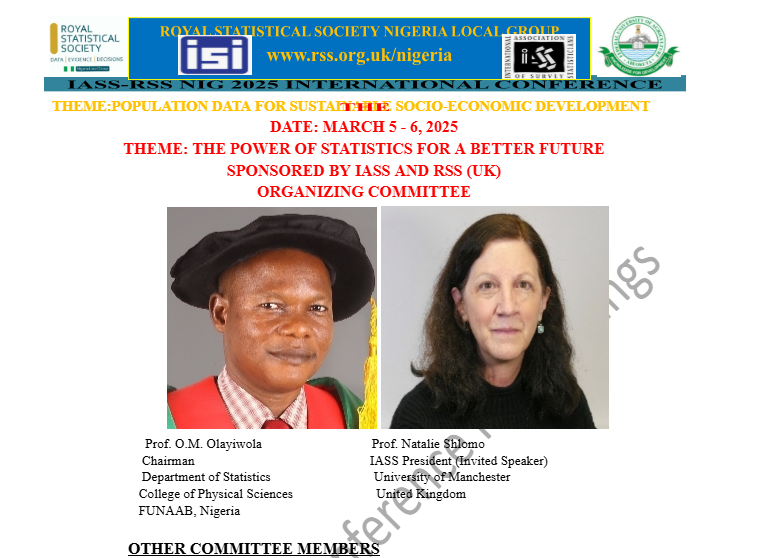EVALUATING LOGISTIC REGRESSION AND RANDOM FOREST MODELS FOR PREDICTING DIABETES
Abstract
Diabetes poses a significant global health challenge, necessitating effective predictive models for early diagnosis and intervention. This study evaluates the performance of logistic regression and random forest models using a dataset comprising information of 390 respondents which was extracted from the data. world to predict diabetes based on health biomarkers such as cholesterol levels, glucose concentrations, BMI, and blood pressure. Results indicate high performance for both models, with the logistic regression model achieving an Accuracy of 91%, Precision of 94%, Sensitivity of 95%, and Specificity of 75%. The random forest model yielded an Accuracy of 89%, Sensitivity of 92%, Precision of 93%, and a Similar Specificity of 75%. The logistic regression model outperforms the random forest in Accuracy, Precision, and Sensitivity, showing greater efficacy in distinguishing between diabetic and non-diabetic individuals.
Keywords: Diabetes, predictive models, logistic regression, Accuracy, random forest

